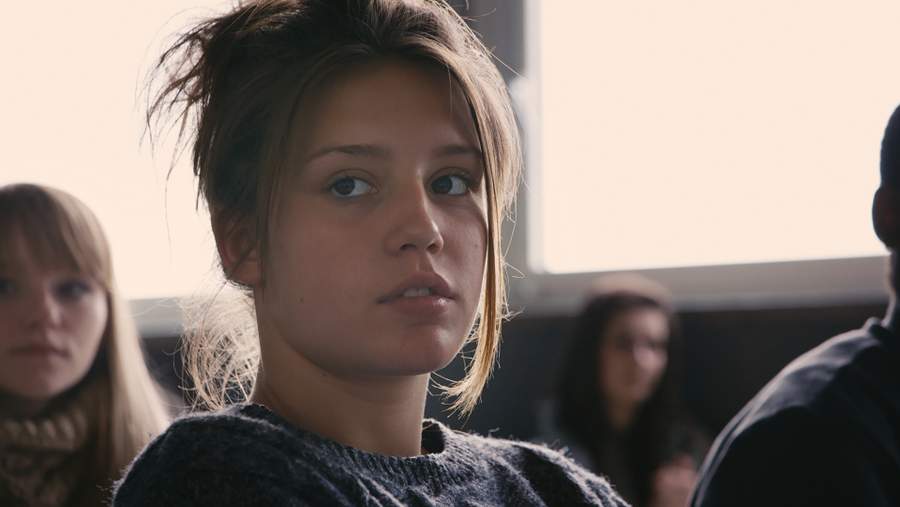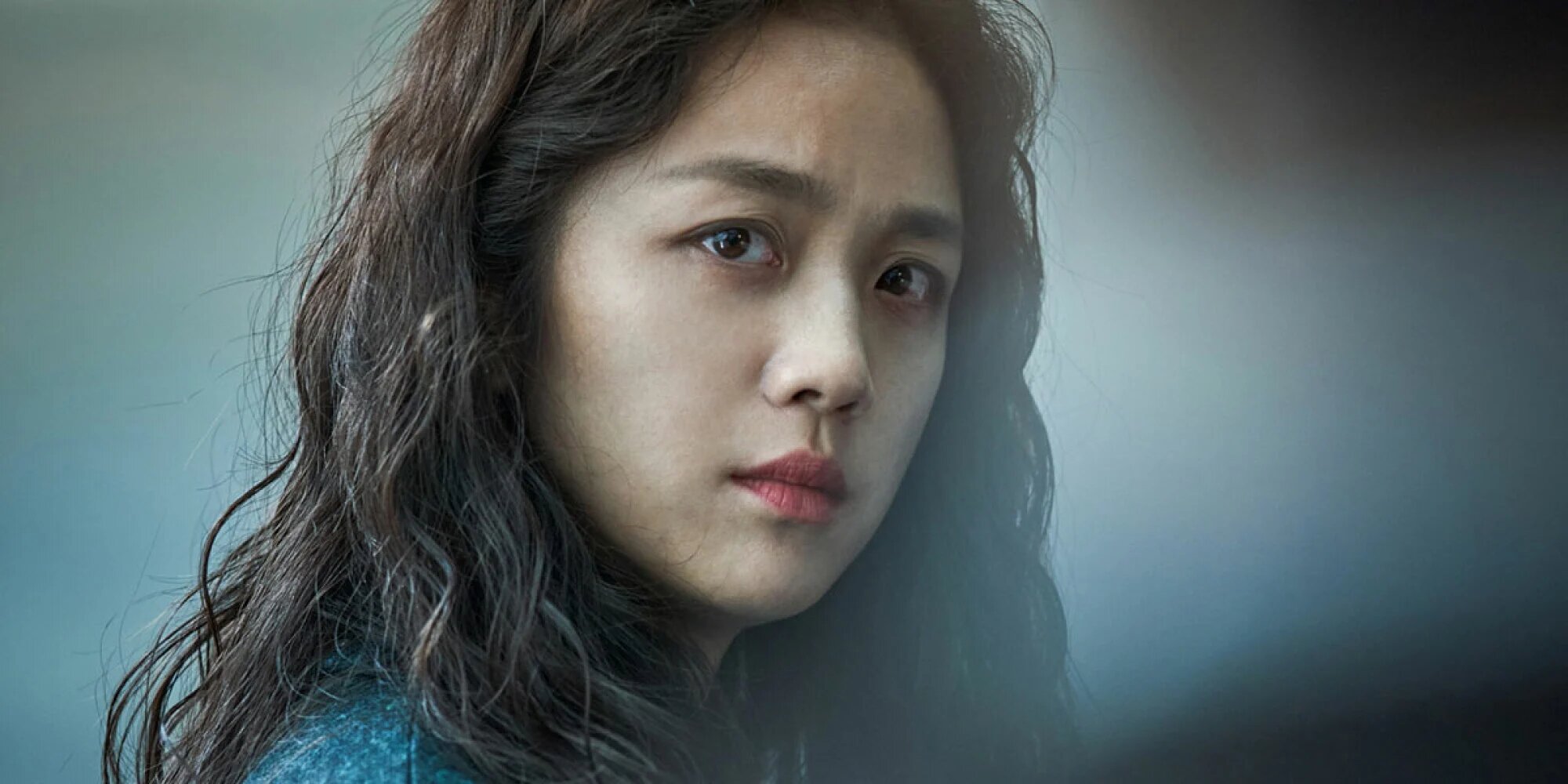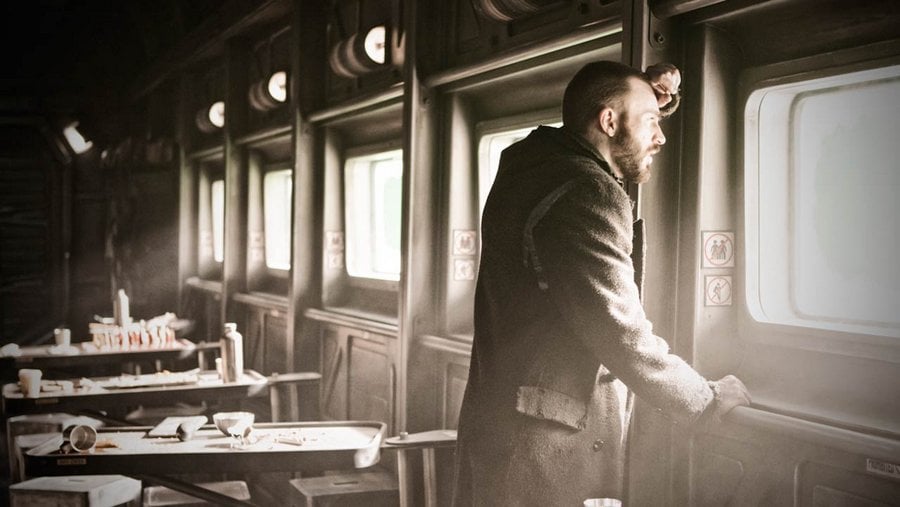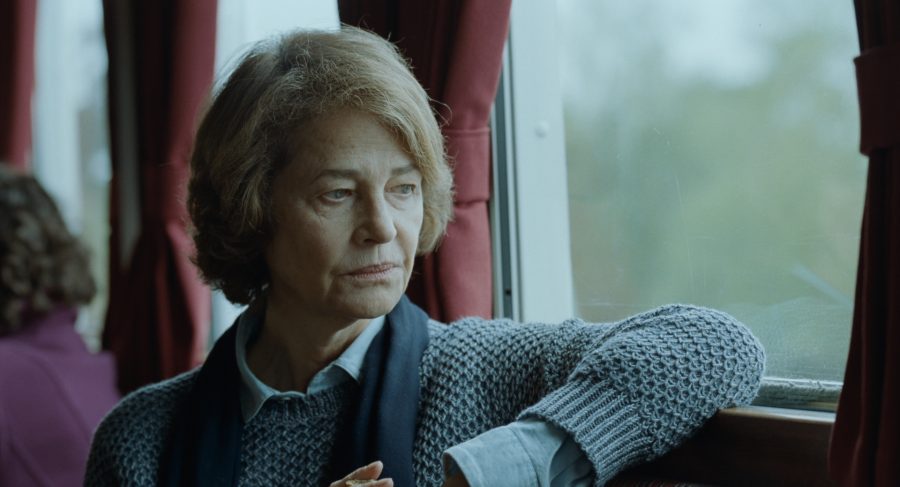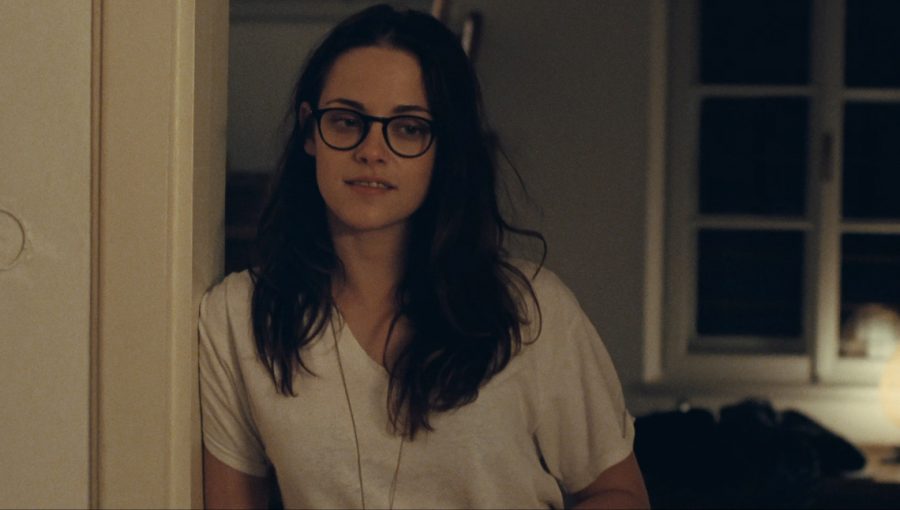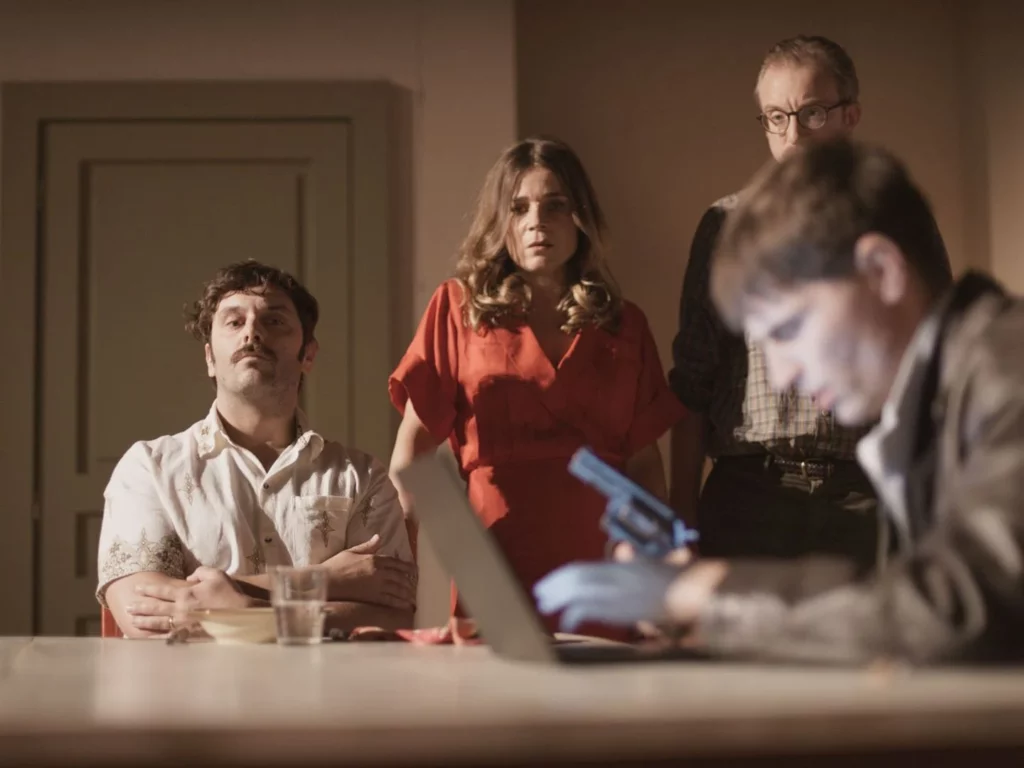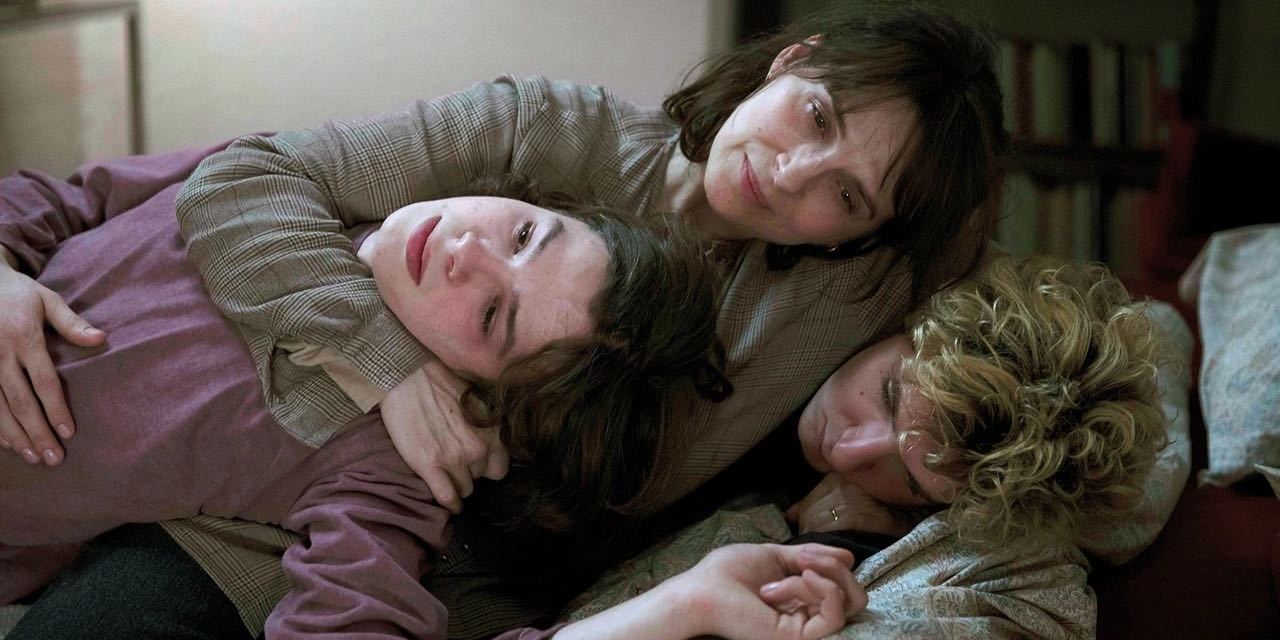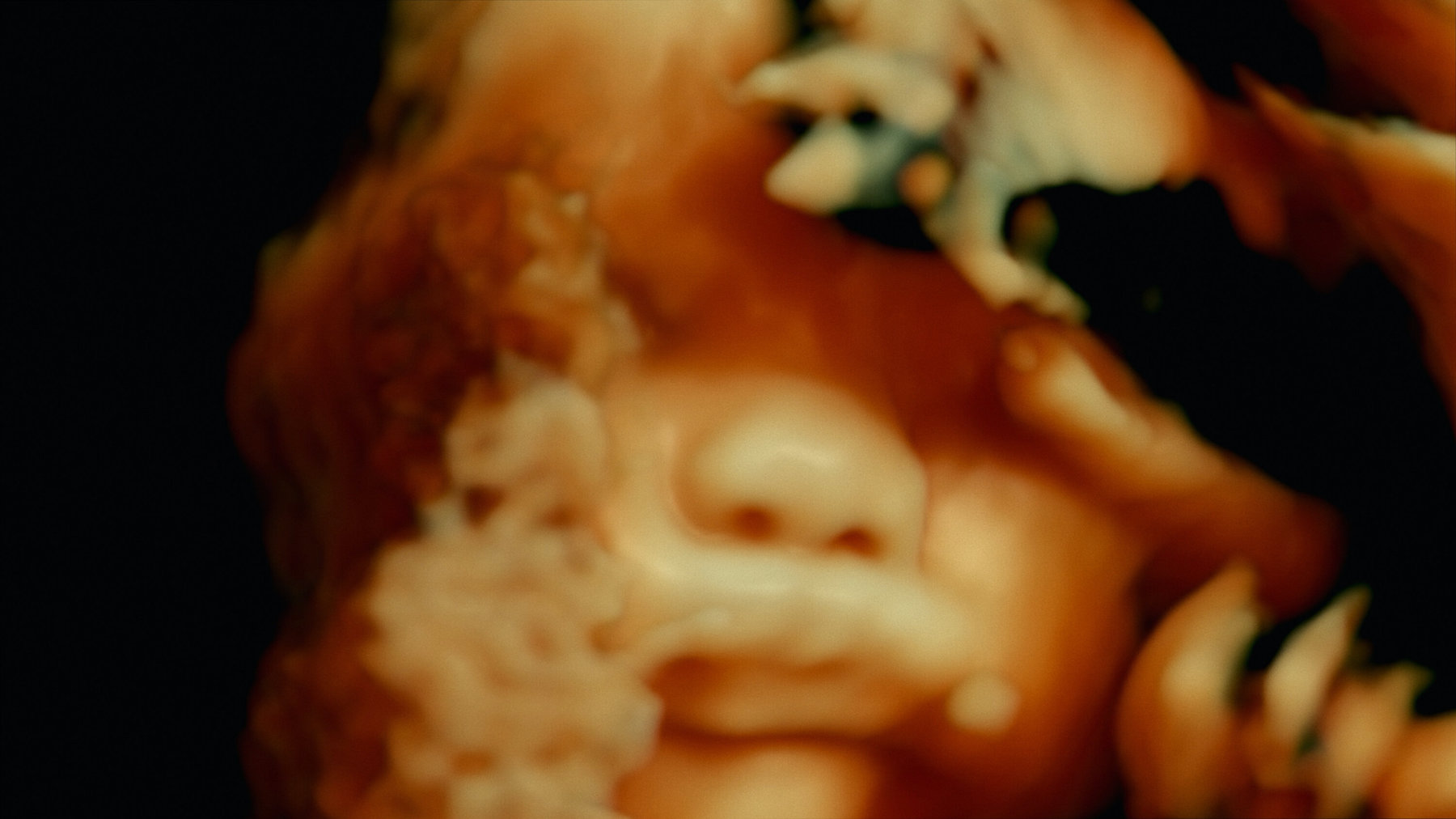More simply called La Vie d'Adèle in its native language, this French coming-of-age movie was hugely successful when it came out and was probably one of the most talked-about films of the time. On the one hand, the usual puritans came to the fore, criticizing the lengthy and graphic sex scenes. On the other hand, Julie Maroh, who wrote the source material that inspired the script, denounced Franco-Tunisian filmmaker Abdellatif Kechiche for directing with his d*ck, if you don't mind me saying so, while also being an on-set tyrant. Whatever you make of this in hindsight, the only way to know is to watch this powerfully acted drama about the titular Adèle (Adèle Exarchopoulos), and her infatuation with Emma, a free-spirited girl with blue hair, played by Léa Seydoux. The film beautifully and realistically portrays Adele's evolution from a teenage high-school girl to a grown, confident woman. As their relationship matures, so does Adèle, and she slowly begins to outgrow her sexual and philosophical mentor. Whatever your final verdict on the controversial sex scene, Blue Is the Warmest Color is without doubt an outstanding film as are the performances from Exarchopoulos and Séydoux.
Genre: Drama, Romance
Actor: Adèle Exarchopoulos, Alain Duclos, Alika Del Sol, Alma Jodorowsky, Anne Loiret, Aurélien Recoing, Aurelie Lemanceau, Aurélien Recoing, Baya Rehaz, Benjamin Siksou, Benoît Pilot, Benoît Pilot, Bouraouïa Marzouk, Camille Rutherford, Catherine Salée, Catherine Salée, Éric Paul, Fanny Maurin, Halima Slimani, Jérémie Laheurte, Jérémie Laheurte, Judith Hoersch, Justine Nissart, Karim Saidi, Klaim Nivaux, Léa Seydoux, Maelys Cabezon, Maud Wyler, Mona Walravens, Quentin Médrinal, Salim Kechiouche, Samir Bella, Sandor Funtek
Director: Abdellatif Kechiche

